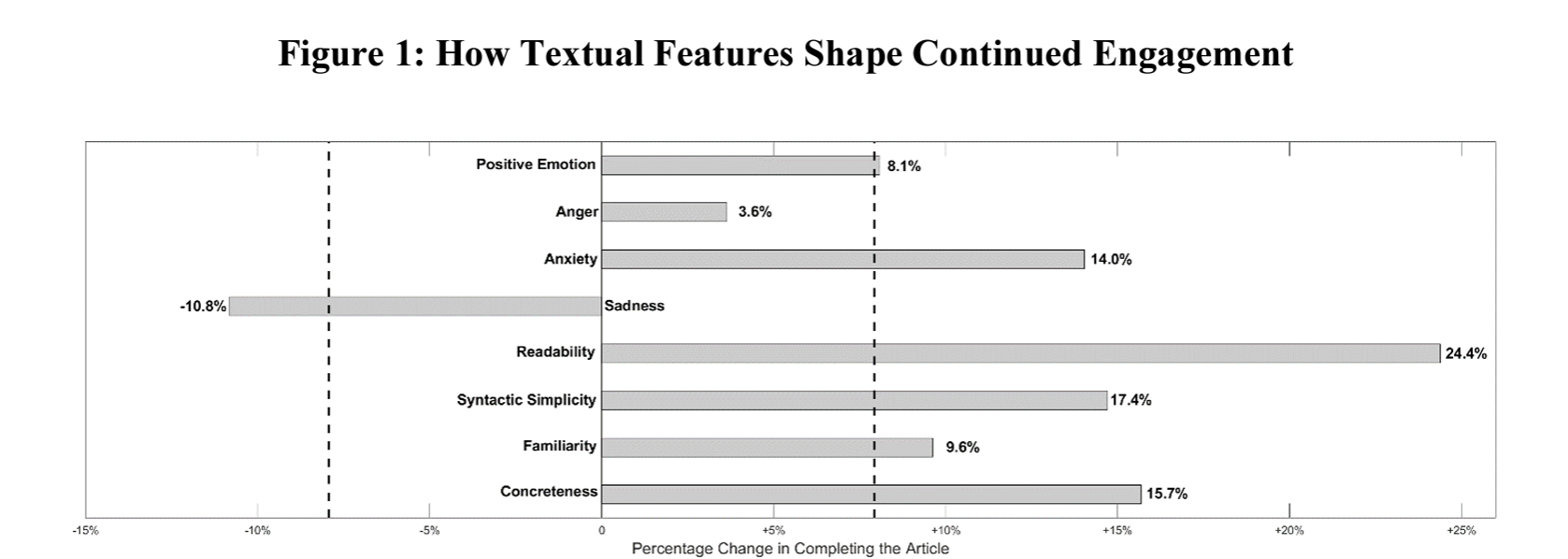
Are You Defining Engagement Downward?
Aah Engagement, a euphemism if there ever was. An English word that once had meaning, twisted and contorted to its lowest common denominator of likes, clicks and superficial, mostly meaningless outcomes. Too many groups jump to the end and cobble together non-financial behaviors (click, like, attend, follow) and call it an “Engagement Score”. Facebook calls […]
Learn More